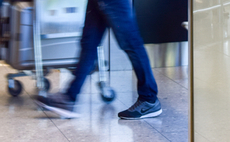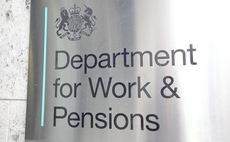Analysis of customer data is leading to new and improved products and services, says Michael Ibbitson
Gatwick Airport is developing a new service that it claims will be the "Uber of air travel", after analysing big data and determining that it's something that passengers want. That's according t...
To continue reading this article...
Join Computing
- Unlimited access to real-time news, analysis and opinion from the technology industry
- Receive important and breaking news in our daily newsletter
- Be the first to hear about our events and awards programmes
- Join live member only interviews with IT leaders at the ‘IT Lounge’; your chance to ask your burning tech questions and have them answered
- Access to the Computing Delta hub providing market intelligence and research
- Receive our members-only newsletter with exclusive opinion pieces from senior IT Leaders






















